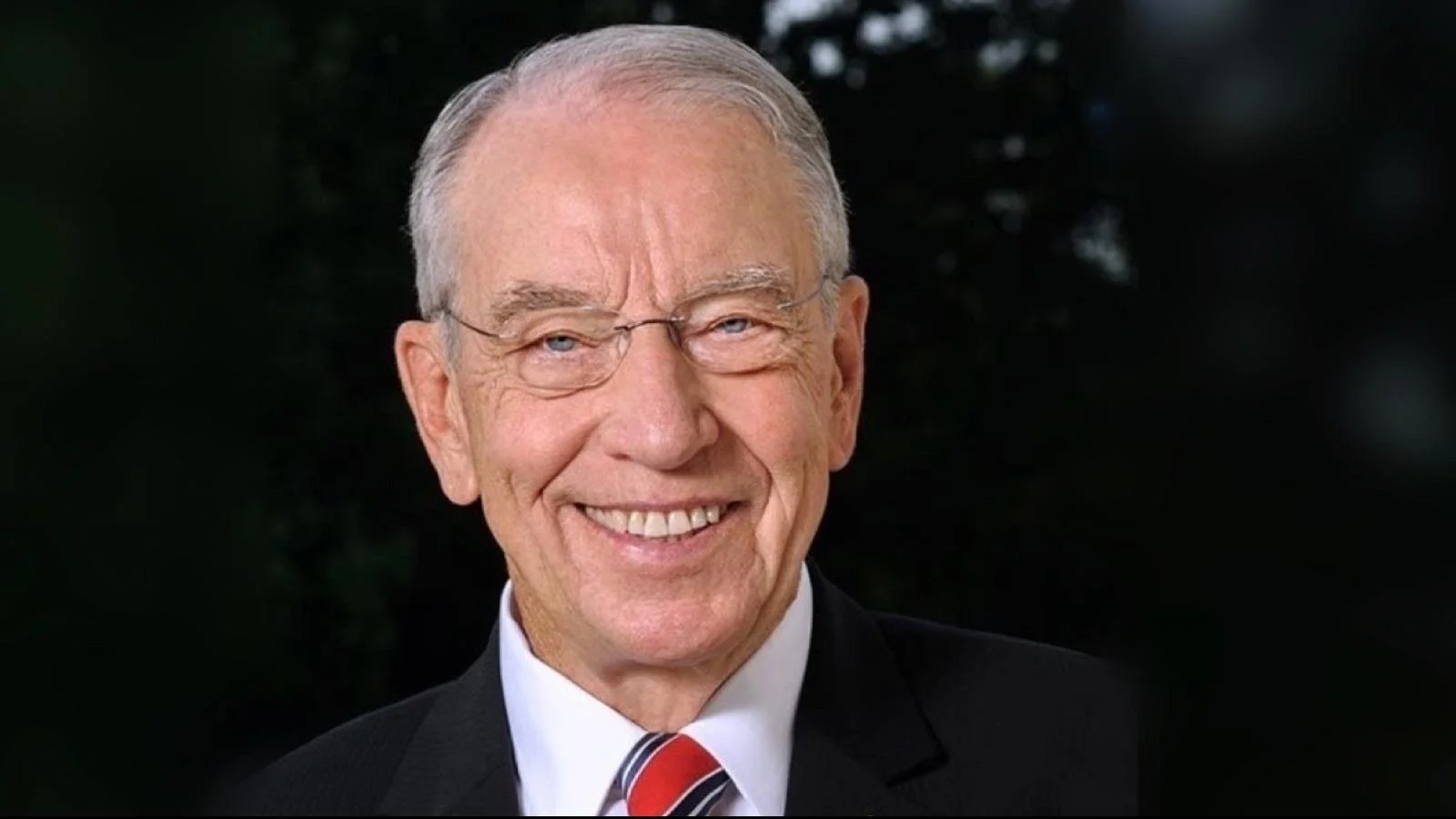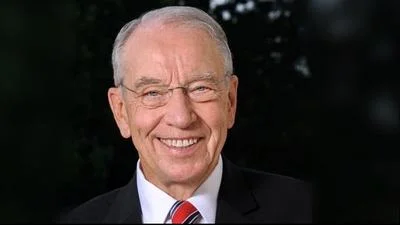Senator Chuck Grassley | Official U.S. Senate headshot
Senator Chuck Grassley | Official U.S. Senate headshot
Senator Chuck Grassley has raised concerns about the direction of U.S. climate policy, emphasizing the need for science-based approaches over what he describes as partisan-driven alarmism. Reflecting on his time as ranking member of the Senate Budget Committee, Grassley criticized the committee's focus under Democratic leadership, stating, "Instead of rolling up our sleeves to address the national debt and rein in deficit spending, the Budget Committee held 21 'climate change' hearings, with themes on outdoor recreation, 'fossil fuel overlords' and a so-called climate-driven insurance crisis." He added that climate change is a serious issue but requires "a serious, science-based discussion."
Grassley argued that efforts by media and activists have fueled public anxiety about climate change beyond what is warranted by scientific data. He said this approach has been used to justify expanded government intervention: "This whole hog approach to a climate-induced apocalypse was ginned up to allow for a whole-of-government solution. And the Obama and Biden administrations whipped up the climate frenzy to empower the federal bureaucracy and put the government in charge of the economy and people’s everyday lives."
He also referenced legislation like the Inflation Reduction Act as an example of federal spending motivated by these concerns.
The senator pointed to recent actions by the Trump administration's Department of Energy as an attempt to reintroduce scientific rigor into policy discussions. In July, a peer-reviewed analysis was released by five independent scientists from the Department’s 2025 Climate Working Group. According to Grassley, "The Climate Working Group found most extreme weather events in the U.S., such as hurricanes, tornados, floods and droughts, do not show long-term trends and the frequency and intensity of such extreme weather aren’t supported by U.S. historical data." The report also questioned prevailing theories about greenhouse gas emissions being primarily responsible for rising temperatures.
Energy Secretary Chris Wright commented on how media coverage can distort perceptions about natural disasters. Dr. Roger Pielke Jr., another scientist cited by Grassley, has testified before Congress urging that “absolute highest standards of scientific integrity” guide policy decisions.
Grassley outlined his own approach to environmental issues based on his experience as a family farmer: "I bring common sense environmental stewardship to the policymaking table in Washington." He described pushing back against regulations during previous administrations and supporting sustainable practices among Iowa farmers.
He highlighted testimony from Dr. Michael Castellano of Iowa State University regarding water scarcity as part of efforts to ground policies in expert input rather than political agendas.
Grassley said he would continue advocating for science-based solutions including renewable energy sources such as biofuels and sustainable aviation fuel while opposing government restrictions on both traditional fossil fuels and alternatives like wind or solar power.
He encouraged Iowans to consider different viewpoints on climate policy discussions: "I encourage Iowans to read a recent essay published July 31 in the Wall Street Journal, The Rise of the Climate Right. Energy Secretary Chris Wright seeks to set the record straight about science."






 Alerts Sign-up
Alerts Sign-up